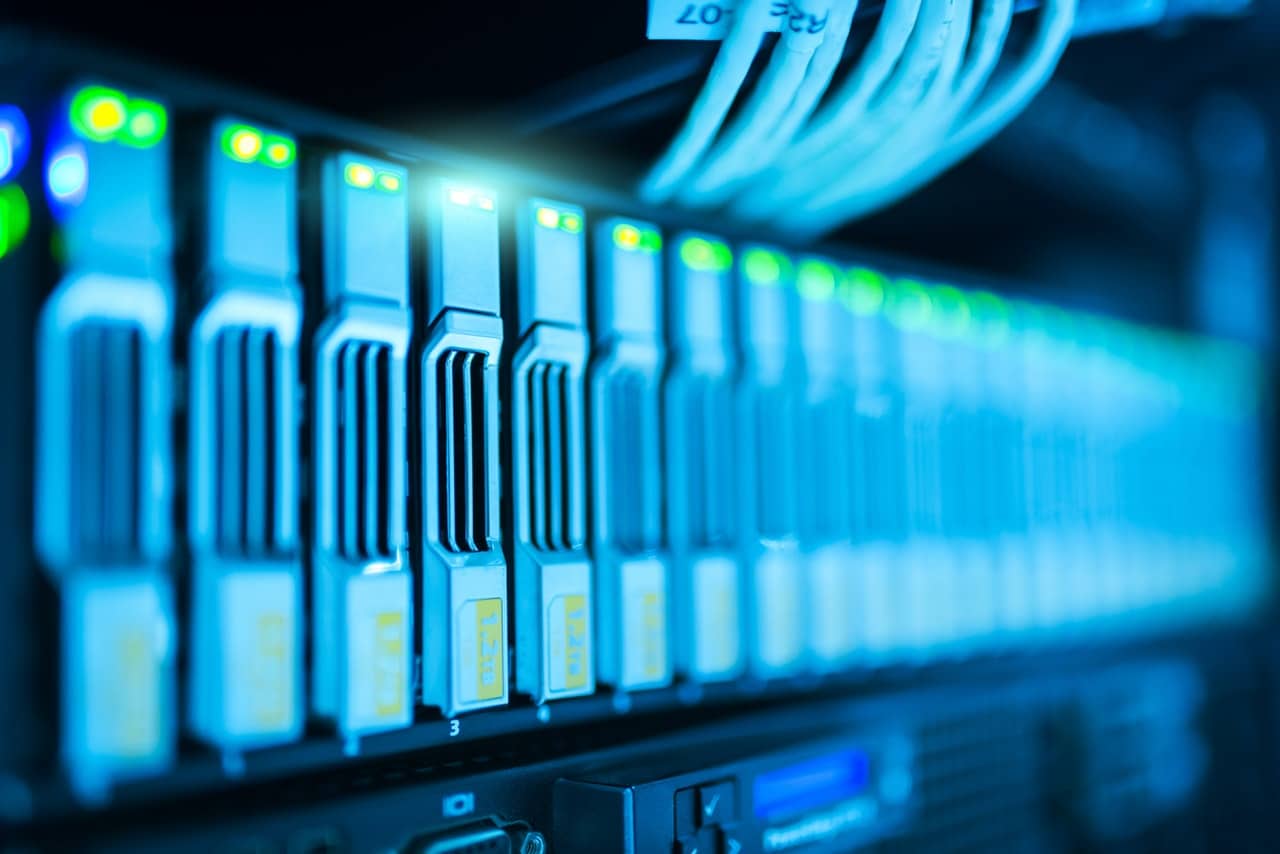

A dedicated server provides an exceptional amount of freedom. Of course, with freedom also comes risk. With a shared hosting service, most of your security is handled for you, but with a dedicated server, you’ll be handling most of your security yourself. So, how can you make sure that your dedicated server remains safe and protected?
One of the most significant vulnerabilities for most software solutions is not being updated and upgraded when necessary. Cyber-criminals are moving quickly; you need to be a few steps ahead of them in order to defeat them. Zero-day exploits – code that attackers use to take advantage of any security holes in software – make up a huge chunk of the number of security risks. If your system isn’t being continuously patched, it’s likely vulnerable.
This is especially true for your server software and your database software. Older database systems can be vulnerable to exploits such as SQL injection. These aren’t issues that newer systems are vulnerable to, but they are still issues that cyber-criminals look for when trying to find new targets.
A surprising amount of attacks aren’t really considered “attacks” at all. If a cyber-criminal can determine your password, that’s all they need. Using the right type of passwords can help. Use lengthy and unique passwords, never use them on multiple platforms, and combine letters, numbers, and symbols. When in doubt, increase the length of your password rather than the complexity, because the length is complexity. For example, “Chocolate Frame Time House” is actually more secure than “!h0us3.”
At a minimum, your dedicated hosting service should offer DDoS protection and vulnerability scanning. Your hosting provider should at least be able to identify whether your server itself is under attack and provide you with the tools you need to both detect and mitigate that attack. However, you should also know where your host’s protection ends, and where your protection must begin.
To protect your system from unexpected traffic and strange behavior, choose a host with in-house filtering that allows adjustments for your unique traffic patterns. Keep in mind that while your host can provide a significant amount of protection, there are certain precautions you should take regardless of the level of defense that is allocated to your server.
Each application you add to your server will create another layer of potential vulnerability. All of the software you use should be thoroughly vetted. First, it is important to make sure that the application is made by a reputable software company, that it is free of potential malware, and that it’s necessary for your server’s operations. At the end of the day, having fewer applications is always better for keeping your server secure.
Some types of exploits are designed to rob you of your files, either destroying them or holding them for ransom. Keep regular backups of your files if you want to protect yourself from new malicious attacks such as ransomware. Your backups will need to be kept on an entirely separate system from your dedicated server, as otherwis,e you will be vulnerable.
Storing your backups in a different location is a general best practice that should be followed to protect your information from not only cybersecurity attacks, but also natural disasters and other emergencies. Check with your host to find out if they offer servers in different physical locations or look for a service that specifically stores backed up data.
What happens if a threat is detected? Who is empowered to take action and what actions should they take? By having a disaster recovery plan or cybersecurity plan in place, you can outline the steps that need to be taken when a threat is detected, who is responsible for securing the data, and where the backup data is stored. The more concrete your processes are, the more likely you will be able to deploy them quickly during an emergency.
A dedicated server can be far more secure than a virtual private server or a shared server, as you don’t share physical architecture with other businesses. That being said, you still do need to take action to secure your own device. While your host can help with attacks and emergency protections at a local level, you also need to make sure your applications are updated, that you have thorough backups, and that you’re practicing proper password hygiene.
If you are interested in even more technology-related articles and information from us here at Bit Rebels, then we have a lot to choose from.
Companies generally look for people with expertise in technical skills, but the hospitality industry also…
Esports has transformed from a niche pastime into a global phenomenon, with millions of fans…
Marketing has historically been focused on what you can tell your audience— how you can…
Do you ever get so busy taking care of everyone and everything else that you…
The Bitcoin price in USD has fluctuated steeply over the past month, from a high…
The online gambling industry has expanded rapidly, offering players around the world the ability to…